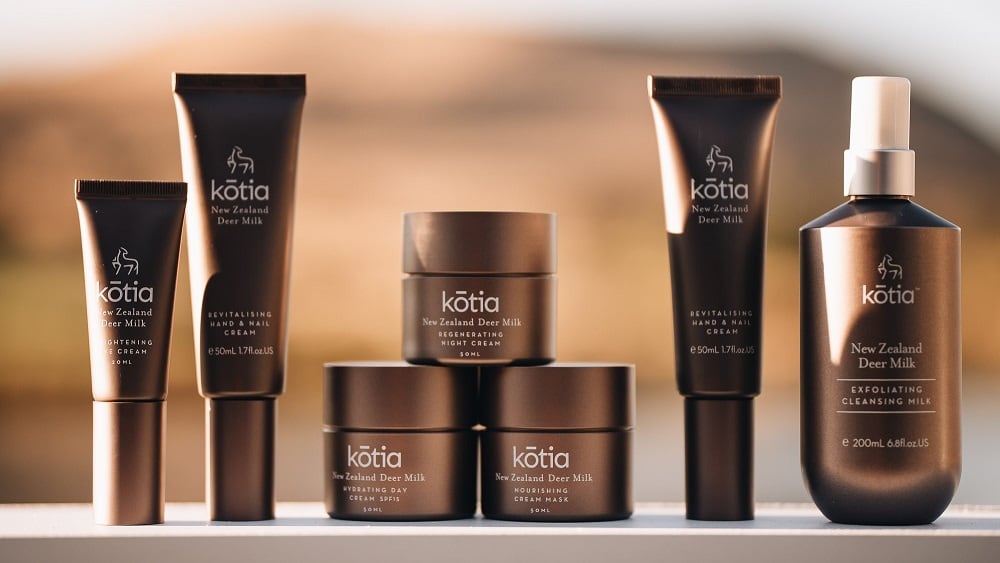GARDskin enables a robust and accurate way of predicting the ability of chemicals to induce sensitization, without the use of animal experimentation in compliance
“For a technology-driven company, it is of the utmost importance that we continuously develop our patent strategy and safeguard our most valuable assets,” said Anki Malmborg Hager, CEO of SenzaGen.
She added: “The patent for GARDskin protects the method that SenzaGen's business is built on and strengthens our long-term and global competitiveness.”
Growing market potential for animal-free testing
The company said that the market potential of its animal-free testing method was growing as more countries are introducing animal testing bans.
The company is quickly expanding as the need for alternative testing methods grows.
Its IP strategy protects the company’s current and future innovations in important markets where the company markets or plans to market its tests.
The firm currently holds patents in Europe, China and Hong Kong. It has more patents being processed in countries such as the US, Canada and India.
Additionally, the company has several ongoing patent applications for other GARD products.
SenzaGen’s newly granted patent for South Korea is valid until October 2031.
It protects the genetic signature that forms the basis of SenzaGen's animal-free test for whether chemicals can cause skin allergies.
South Korea is a key market for the company since it implemented its ban on animal testing for cosmetic products in 2017 and the company expects to see high growth in the market.
“Several regions in the Asia-Pacific region are growing fast as they come further in their work on alternative testing methods and a mandatory ban on animal testing,” said Hager.
She estimated that the overall value of cell-based in vitro tests was approximately $4.5bn to $5.7bn with Europe being the largest market followed by North America and APAC.
Hager revealed that the company’s strategy in Korea was to increase its market presence and geographical expansion through license and distribution partners.
She added that “preparatory initiatives” were currently ongoing for the South Korean market.
A competitive edge
SenzaGen's GARD product portfolio consists of a set of allergy tests performed on human cells in vitro in combination with artificial intelligence.
The company faces competition in Asia but Hager is confident that it has an advantage as its method is more 'holistic'.
“There are a couple of other companies offering cell based in vitro tests for skin sensitisation in Asia. All the OECD guideline validated tests are available in most countries – particularly in Korea and Japan. Our edge over others is the scientific value of the GARD test – the holistic view,” said Hager.
She elaborated: “The 200 genes in GARDskin are well-characterised and describe many diverse processes associated with skin sensitisation. In contrast to the restricted mechanistic information obtained from single biomarkers, the large informational content of this approach provides a more holistic view of the immunological response to skin sensitising chemicals, which is reflected by a high predictive accuracy.”





